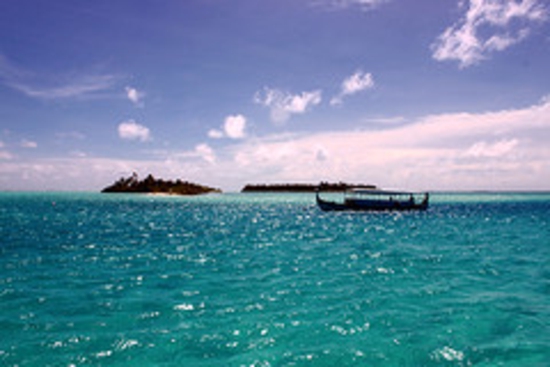<p>Even in this age of instant communications, when you can contact any place around the world in a second, it is still thoroughly enjoyable to actually visit those places. Part adventure, part voyage of discovery and part simple joy at seeing a new environment (temporarily shedding off the old one), travelling abroad remains one of the best things anyone can do in life. Fast transportation is of course a big help as well.<br />
However, any unfamiliar place, particularly that of a different culture, has hidden perils and risks a traveler may be unaware of if he has not done his research and taken precautions. To reduce the threat of such hazards and dangers, you are well-advised to do the following.</p>
<h3>Get travel insurance.</h3>
<p>This is aside from your accident insurance, which compensates you only for accidental damage. A travel insurance cover will give you something to fall back on in case of adverse events in your travel. But as in any contract, read the fine print before you sign it.</p>
<h3>Leave copies of your travel documents with someone.</h3>
<p>So in case the originals get lost somehow, replacements may be easily obtained. Photocopies of your passport, travel tickets, itinerary, hotel reservations and such can be sent online should you need them while abroad.</p>
<h3>Register with your State Department</h3>
<p>Do this before you leave an embassy or consulate while abroad. Just to let them know you were leaving for where, and that you are in their area of responsibility, for the ‘just in case’.</p>
<h3>Don’t bring much money.</h3>
<p>Have widely-recognized credit card or automatic teller machine account so you can withdraw just the amount needed each time. Bulky pocketbooks or wallets are magnets for criminals, and they are wise to money belts or cash stashed elsewhere in the body.</p>
<h3>Blend with the population.</h3>
<p>Ever notice the usual caricature of a tourist? Do not look like one; you become prey to shysters and con artists targeting gullible tourists, if not by criminals. Some rather informal business dress like slacks and shirts will project you as perhaps just a visiting out-of-towner if not a local, and you will more likely pass the scrutiny of crooks.</p>
<h3>Communicate constantly with friends at home.</h3>
<p>Not only to update them with your activities but also to let them know you’re okay. And, should something nasty happen to you, someone who knew where you were last can seek help quickly.</p>
<h3>Move around in groups.</h3>
<p>There’s safety in numbers in foreign places, but you must act with courtesy and civility, always respecting the local culture, not with boisterousness or haughtiness. Many otherwise friendly people turn hostile when treated with disrespect.</p>
<h3> Keep away from strange individuals.</h3>
<p>Avoid pushy ‘guides’, those ‘tracking’ your movements, over-solicitous ‘sellers’ and those crowding you in trains and buses. Move away from them as they might be ‘casing’ –studying&#8211; you for a criminal or felonious attack.</p>
<h3>Don&#8217;t drink too much alcohol.</h3>
<p>Many tourists have been ‘rolled’ –all money taken from them&#8212; while heavily intoxicated, being easy prey for petty criminals. If you must, drink with company or in your hotel but always moderately.<br />
There is plenty of advice available online on how to stay safe while on travel, and you only need to research a little to find what applies to your particular situation. Remember, prevention is always better than treatment to cure any malady.</p>
<h5>Featured images:</h5>
<ul>
<li> <span class="license">License: Creative Commons</span> <span class="source">image source</span></li>
</ul>
<p>This article was written by Angus who provides sim cards for international travelling which give you cheap calls while abroad, giving you the peace of mind that you can keep in touch with your loved ones if there is an emergency.</p>

How To Protect Yourself While Travelling Abroad
